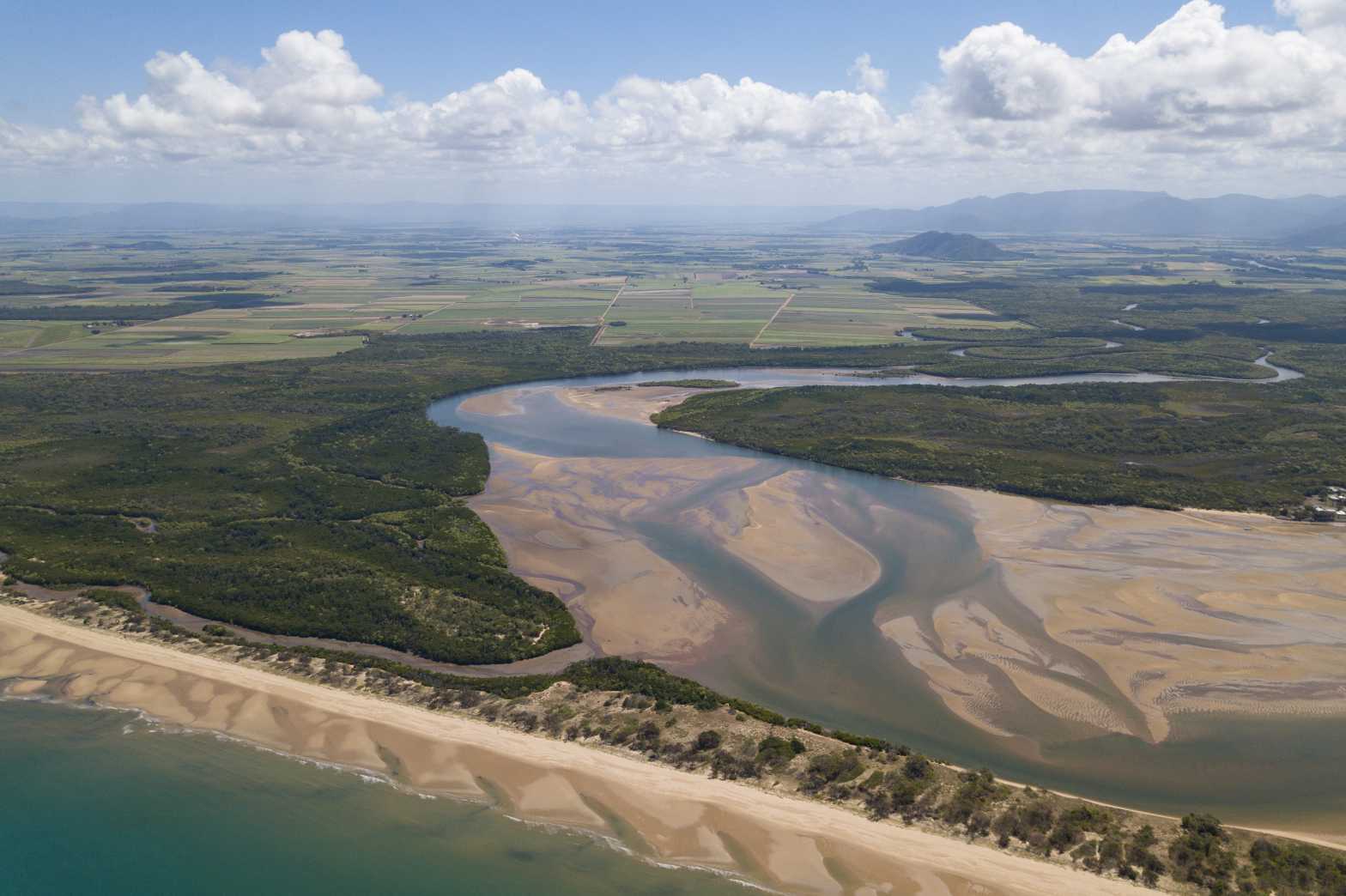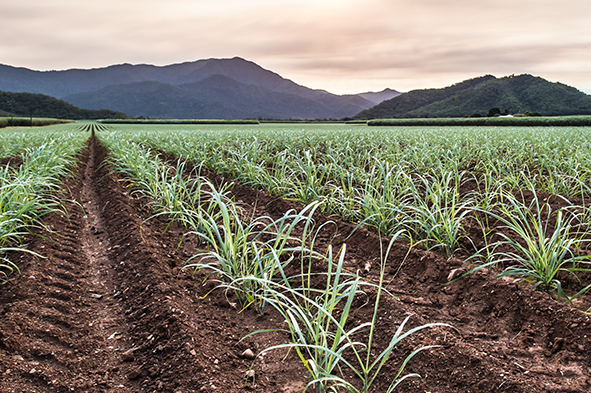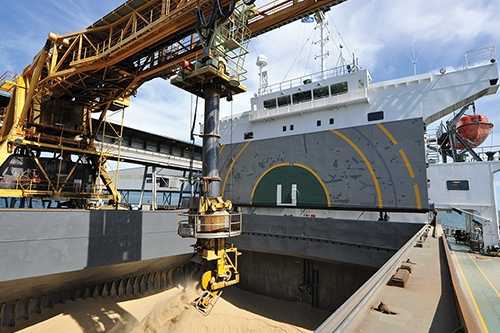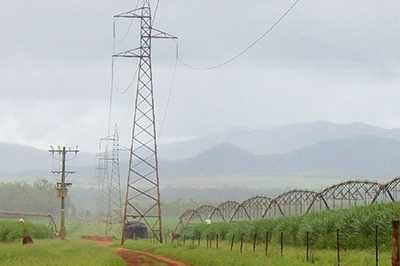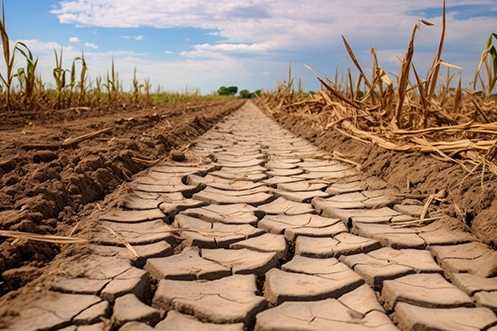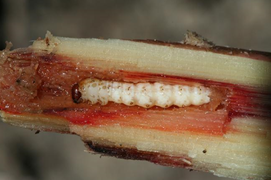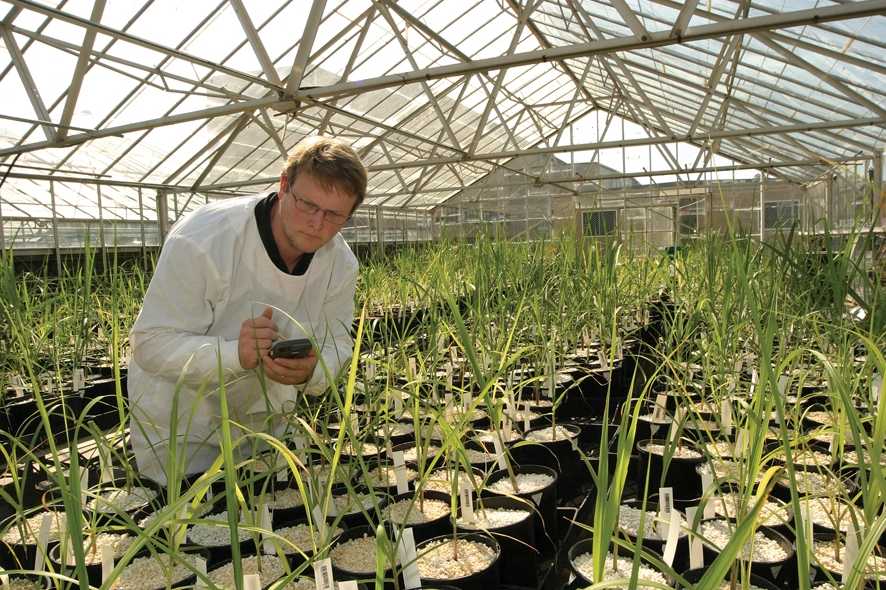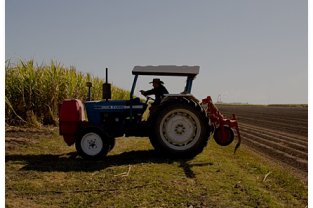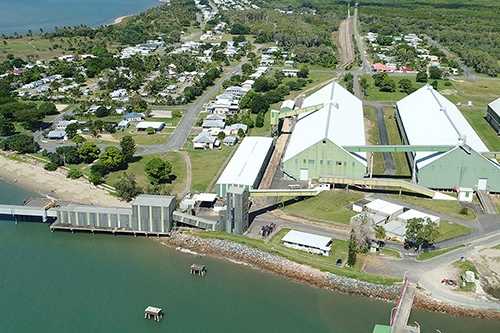Reef Water Quality
Ensuring recognition for growers' commitment to improving water quality
CANEGROWERS continues to support initiatives and projects that minimise risks to water quality, where these initiatives are voluntary, proportionate to the environmental risk, and consistent with an economically sustainable sugarcane industry.
Over the past decade, growers have significantly reduced impacts on water quality through changes in farming practices such as trash retention, improved efficiency of fertiliser and pesticide inputs, and improved irrigation practices. Some of this practice change occurred through participation in one or more of the Reef Rescue, Reef Trust, or Queensland Government programs operating since 2008.
However, instead of recognition for their efforts, growers have been consistently labelled as poor farmers in a series of Report Cards on reef water quality. These reports are deeply flawed. For example, a good rating for growers requires universal adoption of practices, many of which are either uneconomic or of uncertain value for growers.
The arrangements under the Reef 2050 Water Quality Improvement Plan require major reforms if industry confidence is to be restored and its ongoing participation secured.
The CANEGROWERS policy outlines the required reforms. Click here to read the policy.
Key areas of work:
CANEGROWERS continues to advocate reform of the flaws in the Reef 2050 Water Quality Improvement Plan, including the need for practice adoption targets that align with Smartcane BMP practices and are based on a realistic assessment of likely adoption.
CANEGROWERS hosts and supports the Smartcane BMP program, which is co-funded by the Queensland Government, to document and celebrate the good farming practices of growers and to encourage practice changes that both improve water quality and maintain or improve farm profits.
CANEGROWERS advocates the planning of reef water quality projects that are based on a localised process, in partnership with growers and industry specialists, to identify the best opportunities for further improvement in catchment water quality.
CANEGROWERS evaluates the potential benefits and risks of programs that may provide revenue to growers in response to specific practice changes and their estimated impacts on water quality. The Reef Credits Scheme is one such example. While this is a good concept, we have concerns about the credibility of the program protocols and accounting processes, and the consequences for cane supply.
